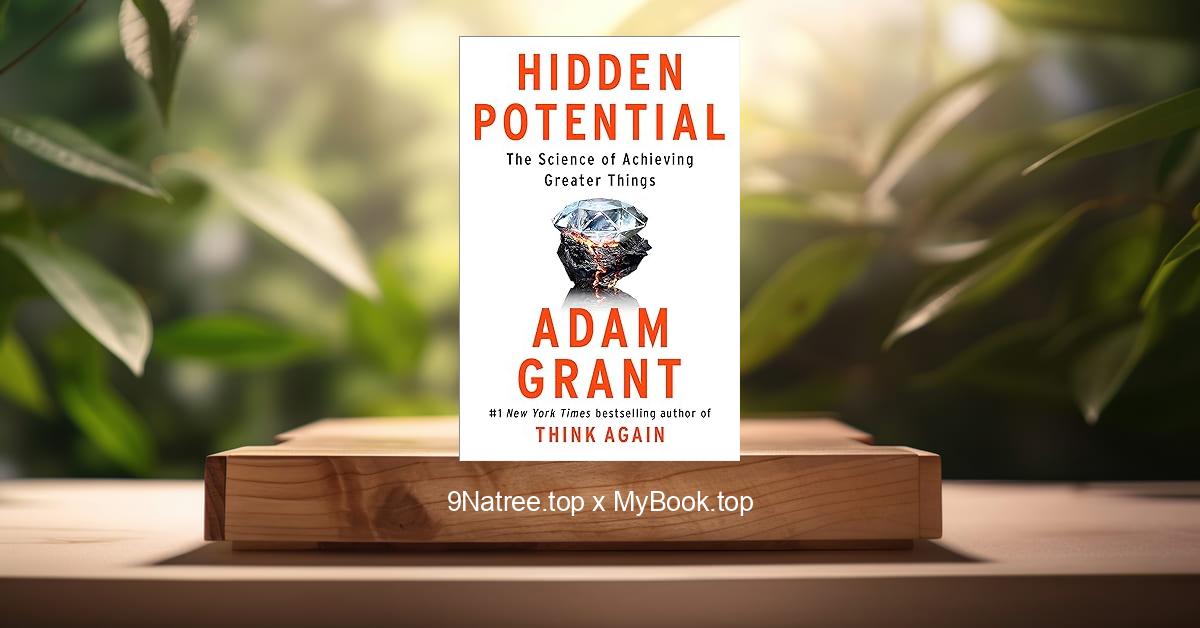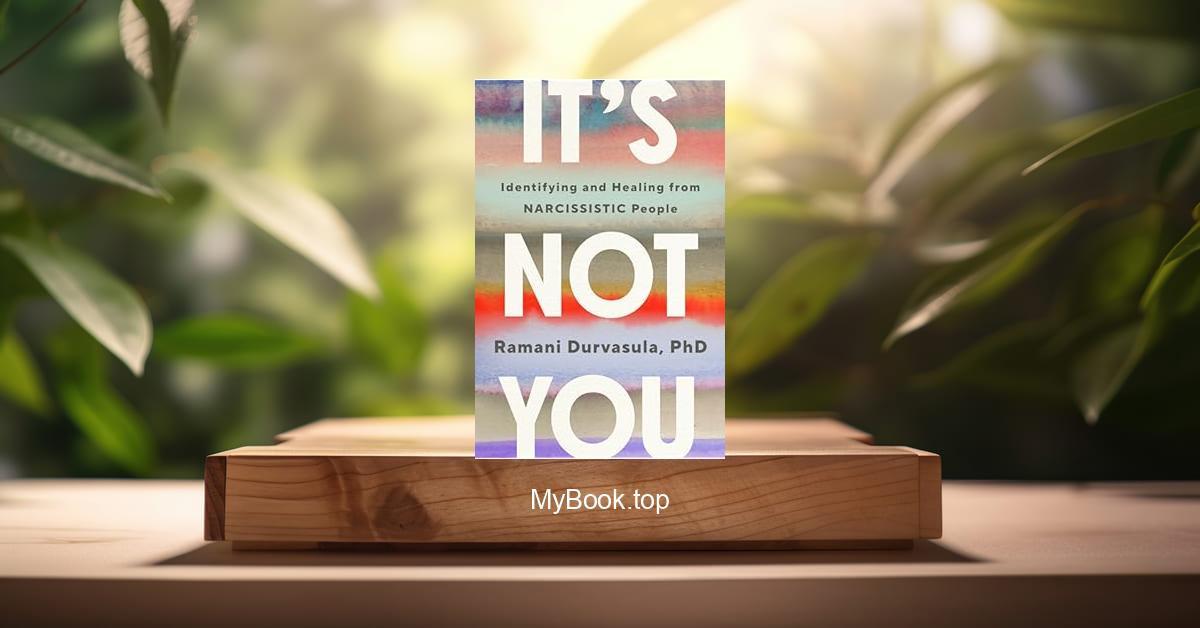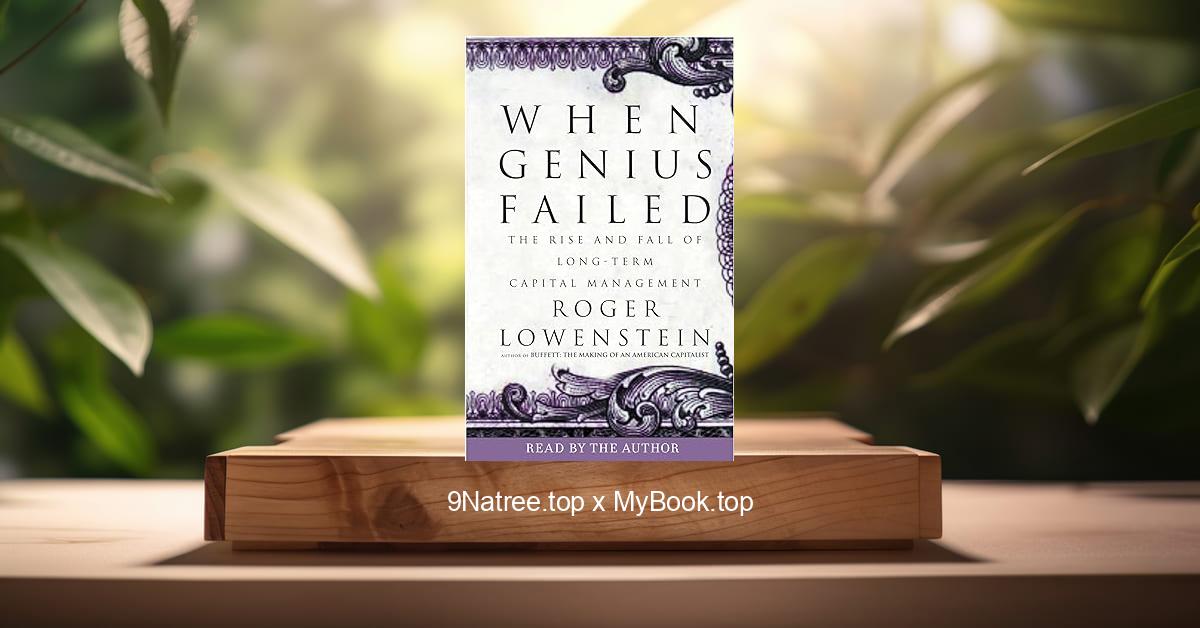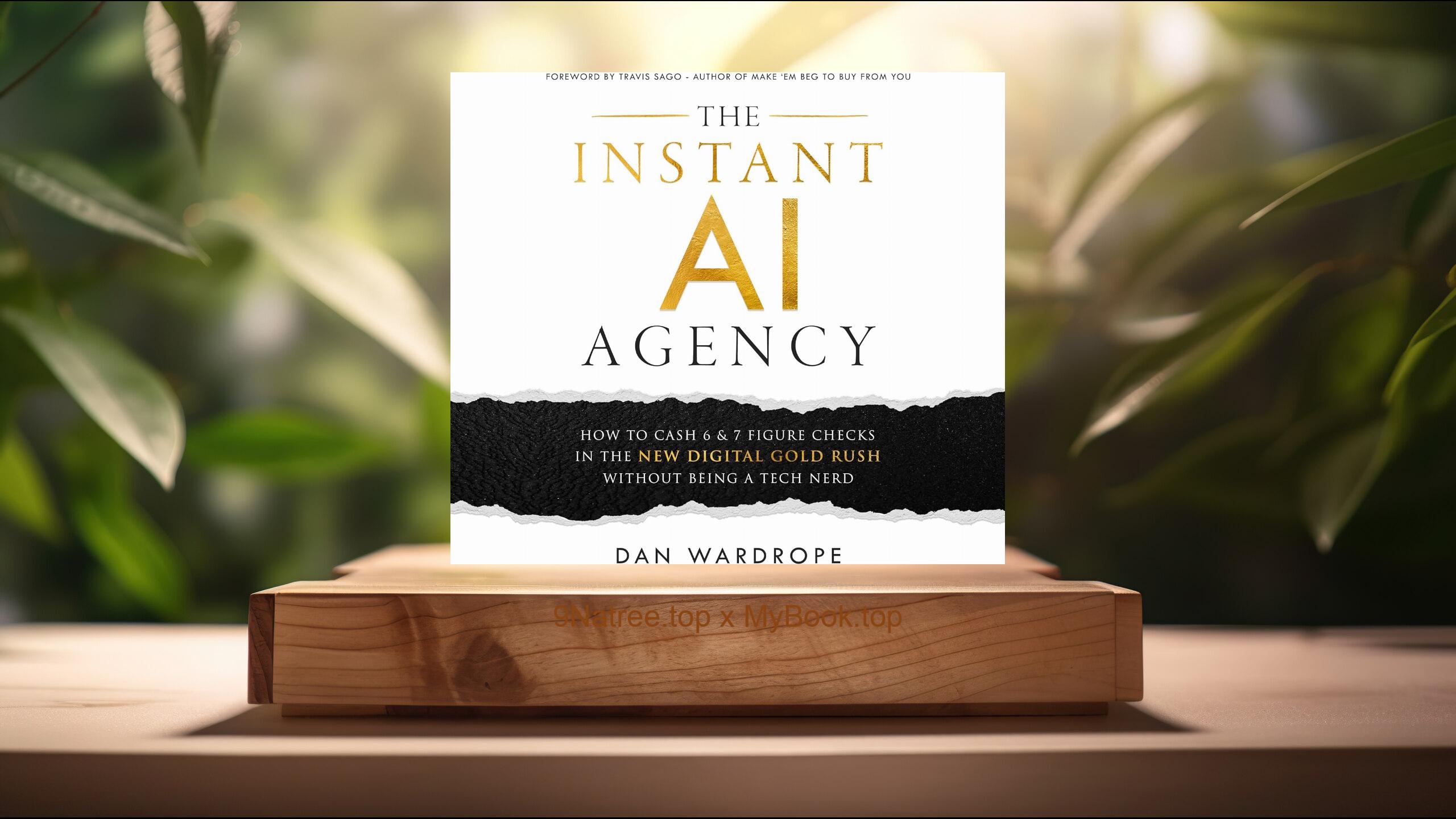Show Notes
Ref: https://mybook.top/read/B08H177WQP/
in the thought-provoking book 'Think Again: The Power of Knowing What You Don't Know,' author Adam Grant explores the critical importance of rethinking and the ability to change one's mind as a path to personal and professional growth. Grant, a renowned organizational psychologist, delves into the art of embracing uncertainty, the science of learning from being wrong, and the value of open-mindedness. Through compelling stories, research, and insights, Grant argues that the ability to reconsider our beliefs, decisions, and strategies is a rare yet vital skill that enables innovation, effective problem-solving, and a fulfilling life. This book serves as both a guide and an invitation to challenge intellectual complacency.
The Importance of Rethinking
Adam Grant highlights 'rethinking' as a crucial ability for success and innovation. It goes beyond simply changing your mind; it encompasses a continuous process of questioning your own beliefs and assumptions. In today’s rapidly changing world, where new information is constantly emerging, the skill to reassess and adapt our thoughts becomes indispensable. Grant discusses several psychological studies and historical examples to illustrate how individuals and organizations that regularly engage in rethinking outperform those that do not. He challenges the reader to embrace uncertainty and the discomfort that sometimes comes with questioning deeply held ideas. This willingness to consider new perspectives can lead to significant discoveries, personal growth, and societal progress.
The Dangers of Intellectual Complacency
Intellectual complacency, or the refusal to question our own thoughts and beliefs, is identified by Grant as a significant barrier to growth and innovation. He describes how people often fall into the trap of confirmation bias, seeking out information that supports their existing beliefs while ignoring contradictory evidence. This comfort with existing knowledge inhibits learning and adaptation. The book provides examples from various fields, showing how experts and industry leaders failed because they were too attached to their initial conceptions. Grant emphasizes that intellectual humility and the recognition that we might be wrong are essential for overcoming these barriers and fostering a culture of open dialogue and debate.
The Benefits of Being Wrong
One of the most counterintuitive yet enlightening themes in 'Think Again' is the notion that being wrong offers a multitude of benefits. Adam Grant argues that mistakes and failure are not just inevitable but invaluable experiences from which to learn and innovate. He frames failure as an opportunity to revise our understanding and improve. The book is replete with anecdotes and research findings that support the idea that recognizing and admitting our mistakes fosters humility, deepens empathy, and enhances our capacity to change. Grant encourages readers to view each error not as a regrettable end but as a starting point for development, emphasizing that the path to knowledge and success often begins with acknowledging our misconceptions.
Conclusion:
Adam Grant's 'Think Again: The Power of Knowing What You Don't Know' is an essential read for anyone looking to foster innovation, improve decision-making, and lead a more fulfilling life. By highlighting the value of rethinking, the dangers of intellectual complacency, the benefits of being wrong, the importance of a culture of learning, and strategies for persuasive communication, Grant illustrates the profound impact that open-mindedness and the willingness to change can have on our personal and professional lives. This book is particularly beneficial for leaders, educators, and individuals who aspire to stay ahead in a world that values adaptability and continuous improvement. In embracing the principles outlined in 'Think Again,' readers can unlock their potential for growth and guide others to do the same, making it a transformative tool for anyone committed to lifelong learning and personal development.
![[Review] Think Again: The Power of Knowing What You Don't Know](https://episodes.castos.com/660078c6833215-59505987/images/1699917/c1a-085k3-5rvvg4m4s5dx-fvxipg.jpg)




